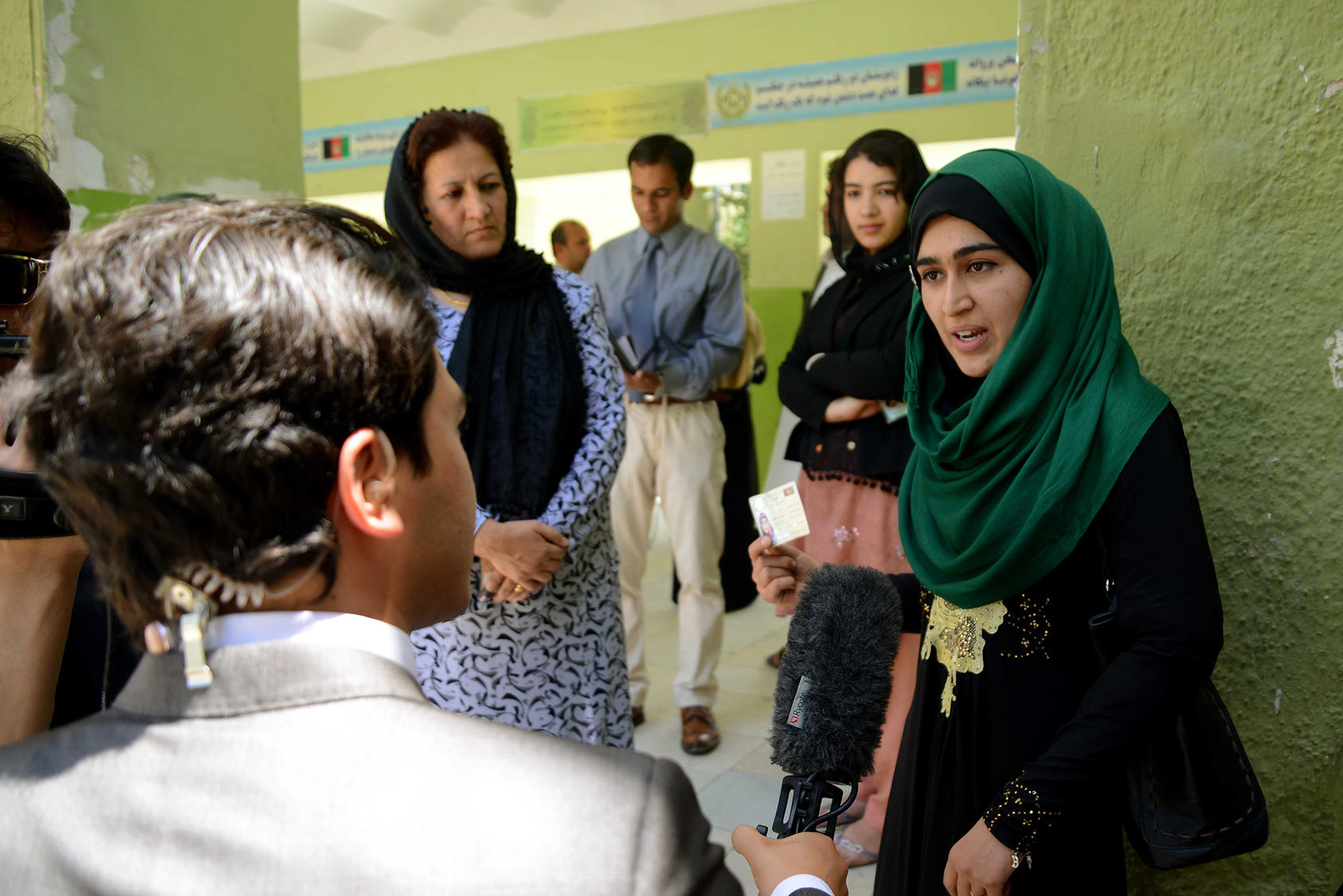Afghanistan held parliamentary elections on October 20 amid very challenging circumstances. Despite significant voter turnout in several provinces, local officials and police were unable to realize a fully credible and peaceful election. Close to 200 attacks took place on Election Day, and many voters were forced to either wait for extended periods because of technical and organizational challenges, or return home without casting their vote. The increased engagement of women in the election process presents one of the few bright spots.

In a fragile, war-torn Afghanistan, elections present a perfect target for violent extremist groups to undercut any expectation that a democratically elected government will offer tangible improvements. As expected, the election was tainted by attacks against police, polling stations, campaign events and voters, despite the deployment of 70,000 Afghan security forces to ensure election security.
In the weeks before Election Day, seven attacks killed approximately 55 people, mostly at election events, like campaign meetings. The police and Interior Ministry officials reported a total of 111 causalities on Election Day; at least 100 of those killed and wounded were civilians. These security risks were compounded by operation errors, which in many cases prevented Afghan citizens from voting (as detailed by USIP’s Scott Worden).
Women’s Increased Participation
One of the few bright spots of the vote was the increased engagement by women, both as candidates, and as voters. Similar to many other conflict environments or fragile democracies, Afghan women face a disproportionately high risk of election violence, in the form of threats, kidnappings, or killings. A week before the election, a blast at an election rally of a female candidate killed 22 people in northeastern Takhar province. In a pre-election assessment, the International Foundation for Electoral Systems identified financial discrimination, online harassment, and the pressure to commit fraud as other important risks women face during the election campaign.
Despite all the challenges, an unprecedented 417 female candidates, accounting for 16 percent of all candidates, contested seats in the lower house of Parliament, the Wolesi Jirga, representing a 3 percent increase from 2010 (338 women out of 2,541 candidates), and a 4 percent increase from 2005 (323 out of 2,709 candidates). Beyond the explicit threat of insurgent groups to women candidates, women voters—who made up 34% of registered voters this election—also face significant physical and cultural barriers to voting.
The increased participation of women in the electoral process presents an important step in peacebuilding efforts. Afghan women have proven that when provided with the necessary legal protection as equal citizens they overcome the personal and societal challenges they face every day.



